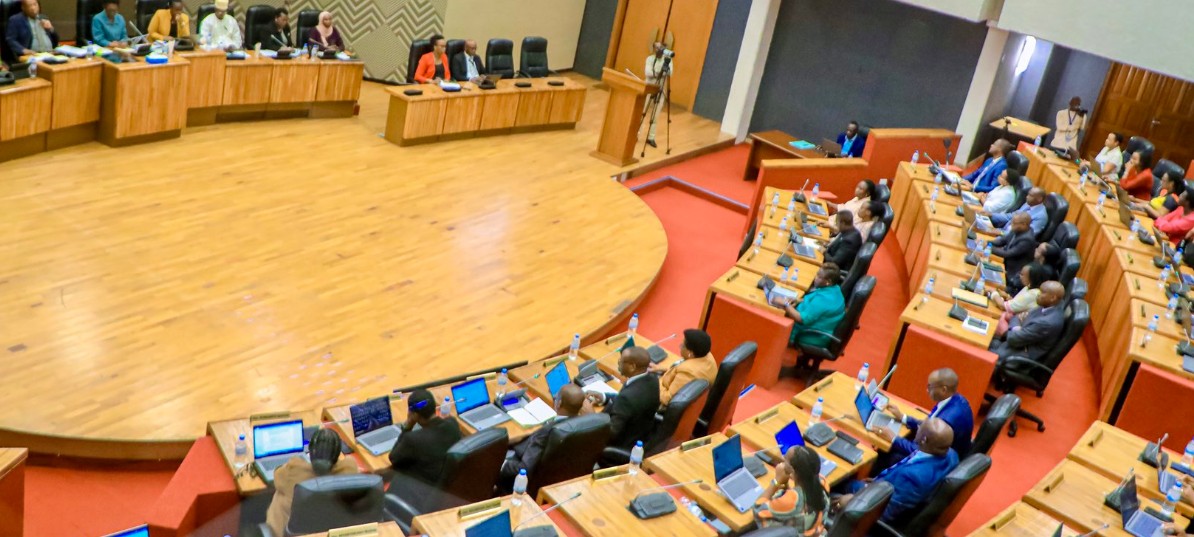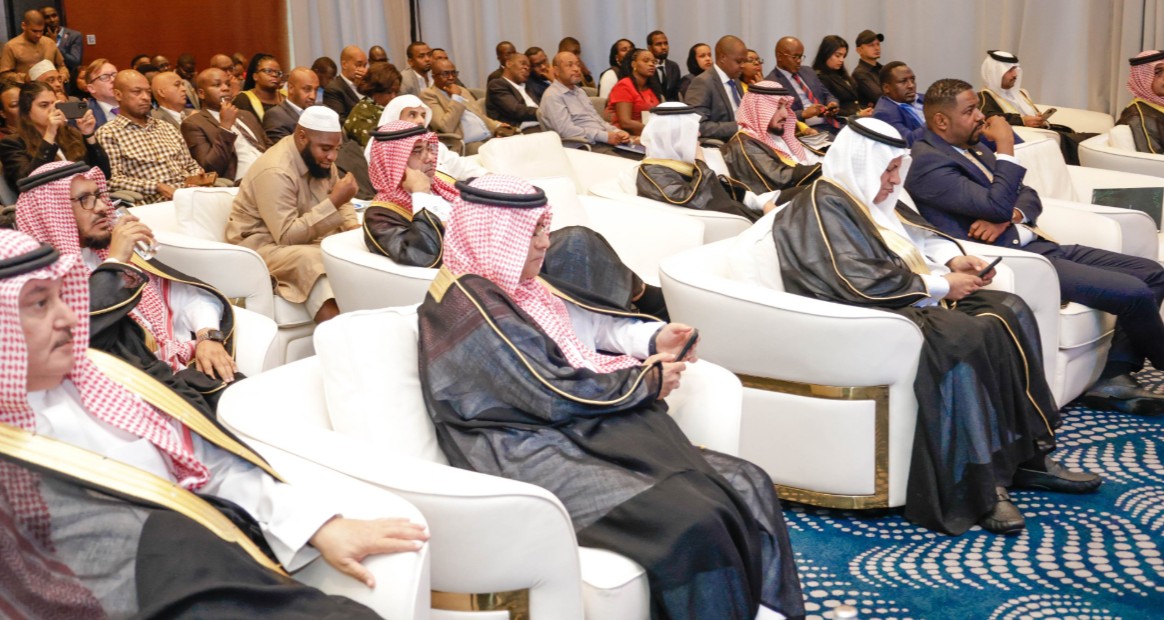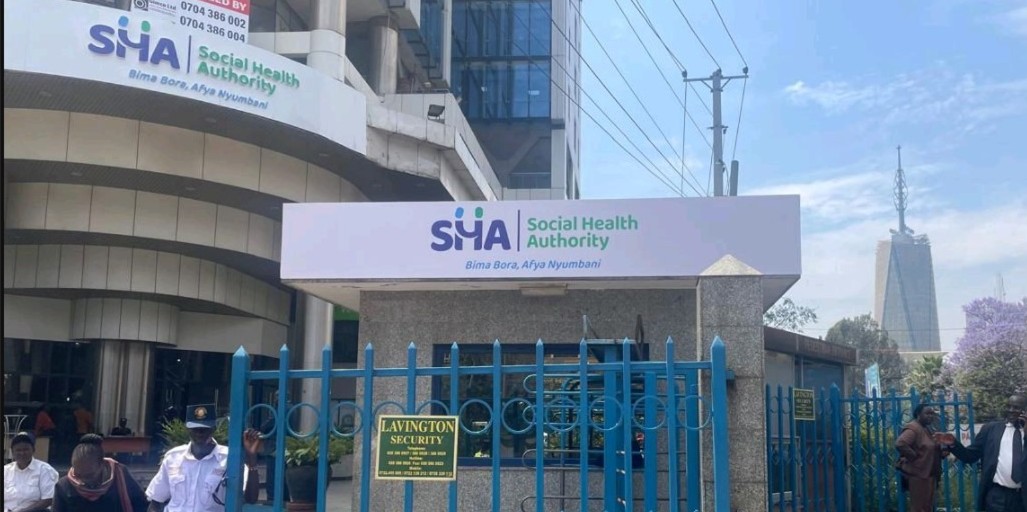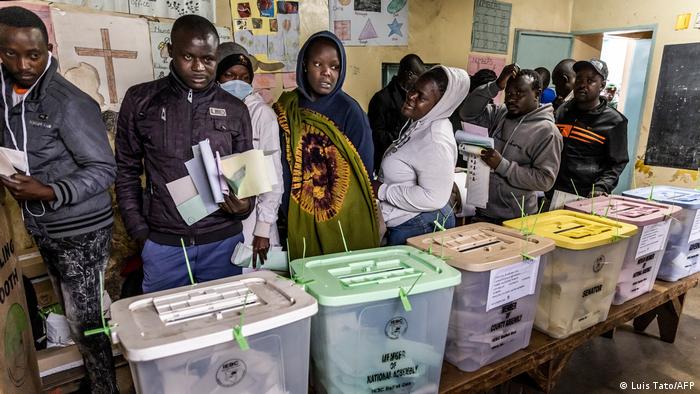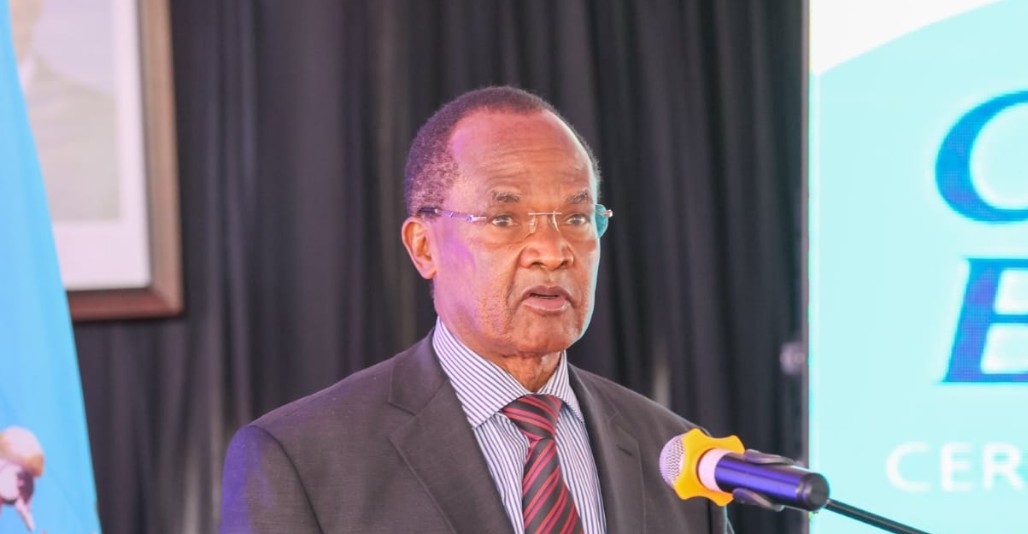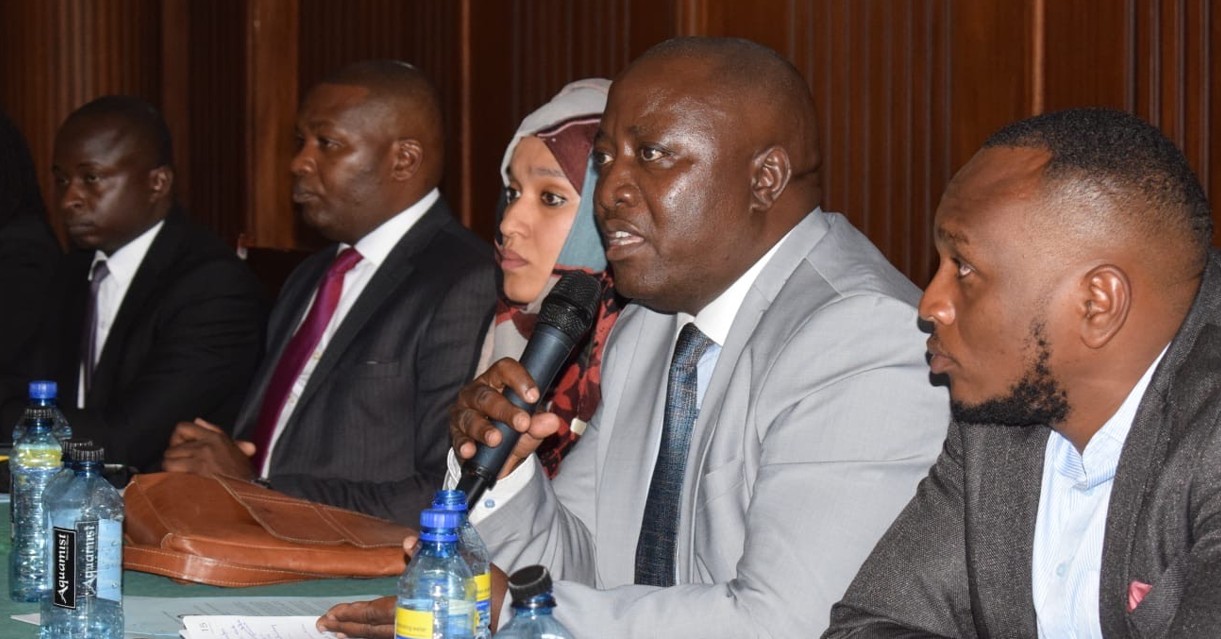Auditor-General's report reveals Sh6bn wasted on substandard projects in schools

Desks, chairs, and laboratory equipment were found to be faulty, with some wooden furniture rejected due to issues like splinters and unfinished surfaces.
The Ministry of Education is under scrutiny following a damning audit report that questions the value for money in the building of classrooms, laboratories, and sanitation facilities across the country.
The new audit, conducted by Auditor-General Nancy Gathungu, raises concerns over the Sh6.7 billion allocated for the World Bank-funded project, highlighting significant mismanagement and poor oversight.
More To Read
- Audit exposes ethnic imbalance among employees in Prime CS Mudavadi's office
- Defence, Interior ministries exposed over failure to give emergency spending details
- Kenya Railways faces Sh3.5 billion penalty for defaulting on China’s SGR loan
- National Treasury faces scrutiny over Sh161 billion debt repayment anomalies
In her review of the project's accounts, Gathungu indicated that taxpayers may not have received full value for their money.
"Full value for money may not have been realised from expenditure on the construction contracts valued at Sh6,655,812,555," she stated, pointing to several irregularities in how the funds were spent.
One of the most troubling findings in the audit is the questionable use of Sh60 million on consultants tasked with supervising the construction works under the Secondary Education Quality Improvement Project.
Gathungu's team visited several project sites in Laikipia, Baringo, and Homa Bay counties, where it was discovered that the consultants had no clerks of works on site to oversee the construction.
"The works were ongoing with no evidence of supervision. In the circumstances, the occurrence and accuracy of consultancy services expenditure of Sh60.3 million could not be confirmed," Gathungu explained.
The review also raises questions about the quality of work being done at many of the project sites.
Construction standards
Despite the signing of agreements with 25 contractors to build 1,506 classrooms, 863 laboratories, and 1,932 sanitation facilities, the audit found multiple issues with construction standards.
In particular, it pointed out defects in laboratories built in God Bura and Tonga boys secondary schools in Homa Bay County, where plastered floors were found to be cracked and peeling.
Furthermore, essential installations such as gas and water systems had not been connected to the laboratories, despite being noted by the school administrations and reported to contractors. However, no remedial work had been carried out.
"The gas and water system had not been connected to the laboratories. Although the defects had been noted by the school administration and reported to the contractors, no remedial work had been done," Gathungu said in the report.
The audit also revealed that some of the furniture supplied to the schools was of substandard quality.
Faulty furniture rejected
Desks, chairs, and laboratory equipment were found to be faulty, with some wooden furniture rejected due to issues like splinters and unfinished surfaces.
At Marigat Integrated Day Secondary School, for instance, the contractor was absent when auditors visited, and the laboratory under construction was incomplete, with cracked floors and walls, and electrical wiring and water piping already installed.
Adding to the concerns, the audit highlights the stalled status of numerous projects in various counties.
In three counties of Tana River, Kwale, and Taita Taveta, 267 projects worth Sh344 million had either stalled or faced significant delays.
Notably, no satisfactory explanation had been provided for the stoppage of these projects, and no evidence of liquidated damages had been claimed from the contractors.
Additionally, the performance bonds for many of these projects had expired, further exposing the government to potential financial loss.
The report also revealed that 30 classrooms, 40 laboratories, four water projects, and 471 sanitation blocks, valued at Sh573 million, had not even begun by the end of June 2024.
No explanation was provided for the delays, and no action had been taken against contractors who had abandoned their work for over 28 days without proper authorisation.
As the government faces mounting pressure to accommodate the influx of learners transitioning to Grade 9, the scandal has raised serious questions about the management of public funds and the effectiveness of oversight in the Ministry of Education.
The revelations come at a time when the country is striving to improve its educational infrastructure, making the alleged mismanagement even more critical.
Top Stories Today

